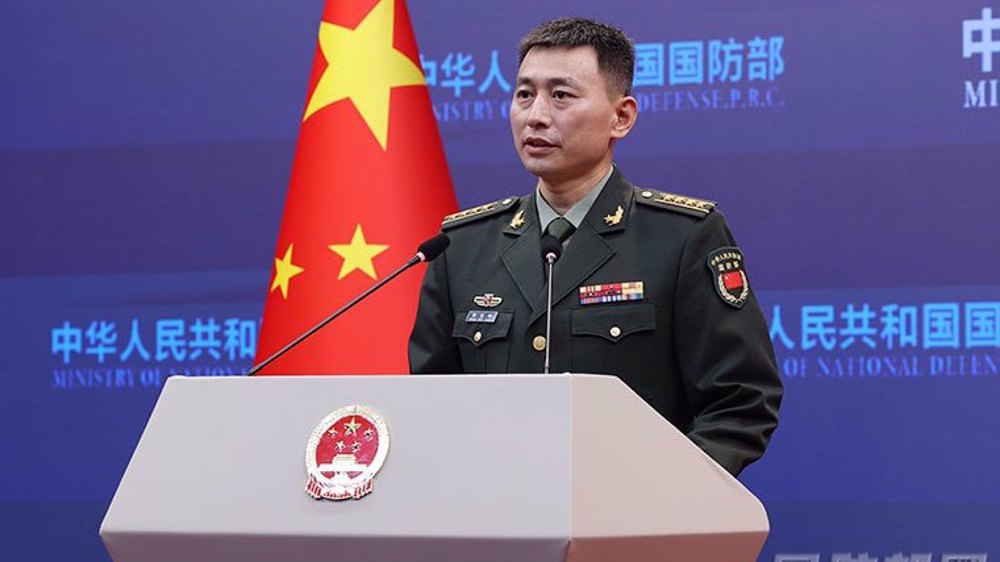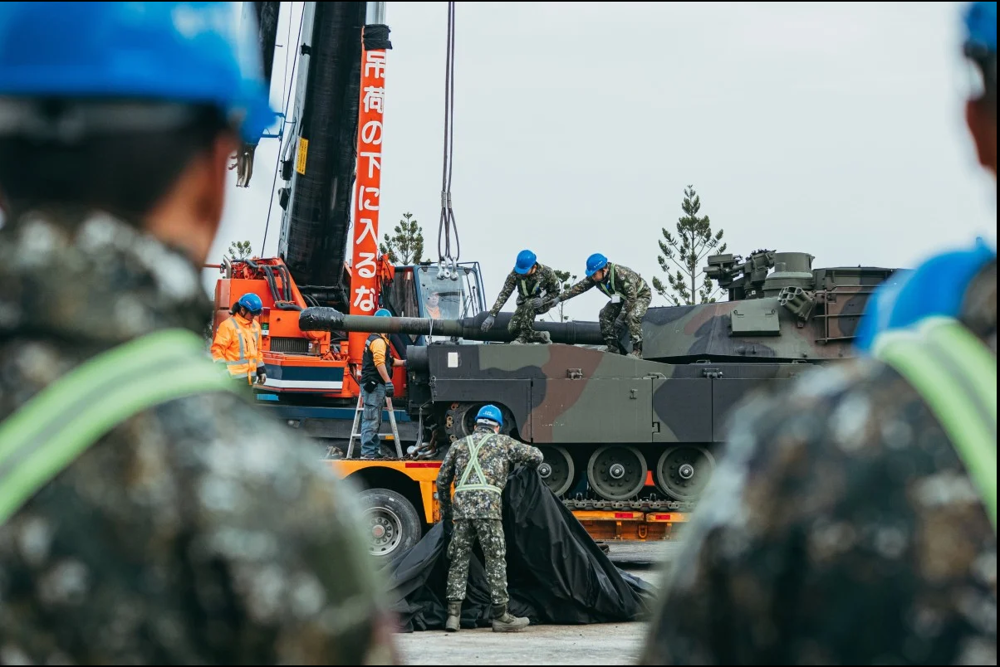China urges Pakistan, India to settle differences over Kashmir
China has urged Pakistan and India to settle their differences over Kashmir amid recent tensions in the disputed Himalayan region.
Deputy Foreign Minister Liu Zhenmin said on Wednesday that Beijing “hopes that Pakistan and India will strengthen channels for dialogue, appropriately handle any differences, improve bilateral relations, and together protect the region's peace and stability.”
The deputy foreign minister said Beijing valued Pakistan's position on Kashmir.
Tensions have been on the rise between Pakistan and India since an attack on an Indian military base in Kashmir on September 18, when nearly 20 Indian soldiers were killed.
The attack on the Indian army base has triggered a war of words between the neighbors. India says the attackers were affiliated with a militant group based in Pakistan. Islamabad has rejected India's claims as "unfounded and premature."
India has long accused Pakistan of backing militant groups operating in Kashmir with Indian Prime Minister Narendra Modi accusing Pakistan of "exporting terrorism."
Pakistani Prime Minister Nawaz Sharif has accused India of engagement in an “unprecedented arms build-up” along the de facto border dividing Kashmir.
Kashmir has also witnessed an increase in mass protests over the killing of a pro-independence figure in early July. Tens of thousands of Indian government troops have been deployed to Indian-controlled Kashmir and over 80 people have lost their lives in the ensuing crackdown.

India-China border dispute unresolved
China has long been a strong military, economic and diplomatic supporter of Pakistan amid a border dispute between Beijing and New Delhi.
Last year, officials from Beijing and New Delhi pledged to settle the border dispute, which dates back to a brief border war in 1962.
China lays claim to more than 90,000 square kilometers ruled by New Delhi in the eastern sector of the Himalayas. India, however, says China occupies 38,000 square kilometers of its territory on the Aksai Chin plateau in the west.
On August 25, Chinese Defense Ministry spokesman, Wu Qian, expressed concern about India’s plans to put advanced missiles along the border between the two countries, saying, "We hope that the Indian side can do more to benefit peace and stability along the border and in the region, rather than the opposite."
Pakistani military conducts airstrikes on militant hideouts in eastern Afghanistan
VIDEO | Displaced settlers frustrated
VIDEO | Christmas: Time for peace
Turkey will bury Syria’s Kurdish militia if they fail to disarm: Erdogan
VIDEO | Christmas in Syria: Hope amidst uncertainty
Israel attacks eastern Lebanon for first time since ceasefire
‘Christ under rubble’: Christians in Gaza mark another Christmas amid genocide
Iran’s president extends condolences to Azerbaijan’s Aliyev over plane crash














 This makes it easy to access the Press TV website
This makes it easy to access the Press TV website